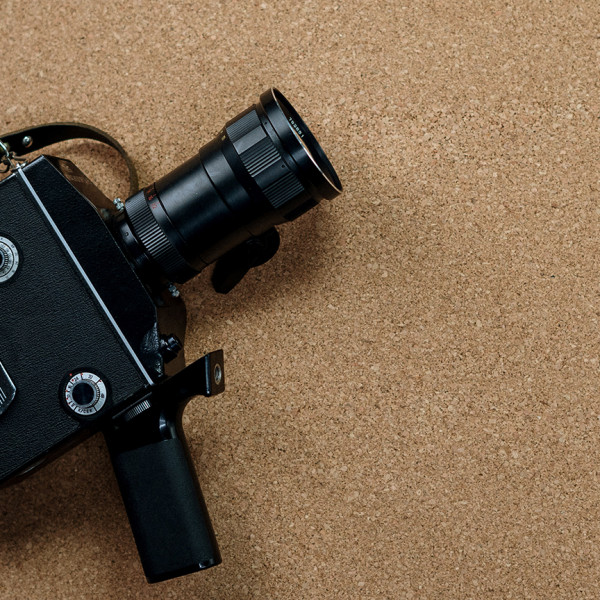As film heritage results from the production of film works that over time has been in constant technological evolution, the management of archives, from the documentation of films to their dissemination, implies first a theoretical knowledge applied to the various areas of the moving image heritage and a critical and reflective analysis on the meaning of archive and memory. It is necessary to identify the different processes, techniques and their deterioration to diagnose the collections. After, in the perspective of cinematographic and audio-visual museology, conservation and restoration methodologies and treatments will be decided based on the professional deontology in force. Finally, in order to make an archive alive, one must value and disseminate past works. In a training in Film Heritage, there are chronological stages of learning and acquisition of competence that must be respected. This EC proposes in the curriculum development a progressive training that starts in the first semester with theoretical knowledge, to deepen them and apply them in practice in the second and third semesters. The dissertation/project allows the student to specialize in one of several areas of film and audio-visual media heritage.












